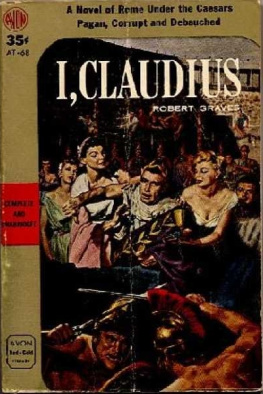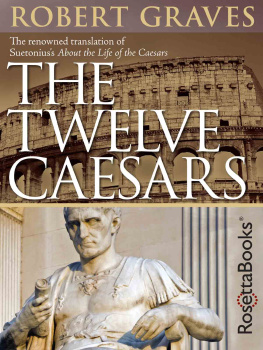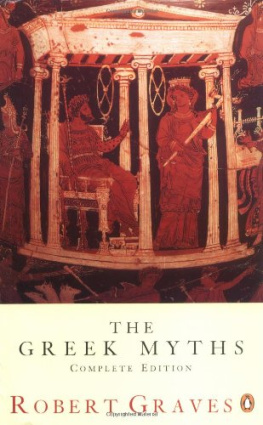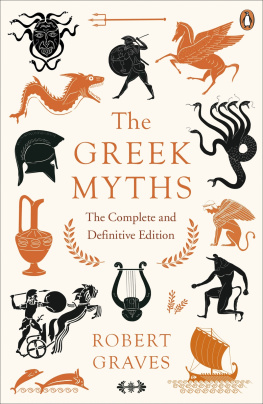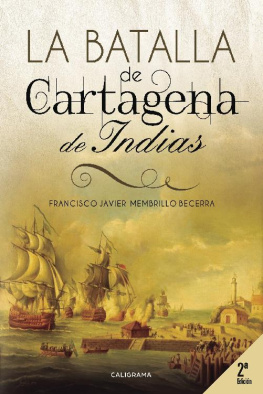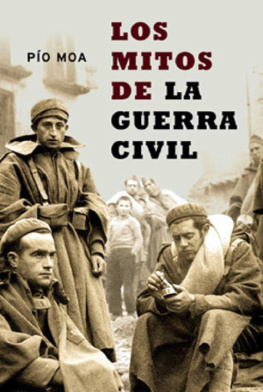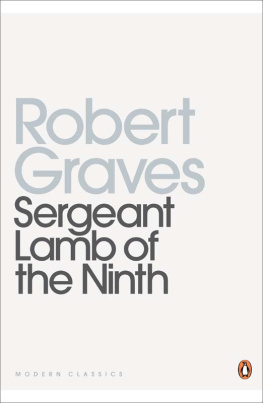The Siege and Fall of Troy
Robert Graves
Copyright
The Siege and Fall of Troy
Copyright by The Trustees of the Robert Graves Copyright Trust
Copyright 1962 by International Authors NV, renewed 1990 by Beryl Graves
Cover art, special contents, and Electronic Edition 2014 by RosettaBooks LLC
All rights reserved. No part of this book may be used or reproduced in any form or by any electronic or mechanical means, including information storage and retrieval systems, without permission in writing from the publisher, except by a reviewer who may quote brief passages in a review.
Cover jacket design by Carly Schnur
ISBN e-Pub edition: 9780795336478
CONTENTS
Introduction
The Siege and Fall of Troy describes all the evils commonly found in war on a large scaleambition, greed, cruelty, suffering, treachery, incompetence. But the Greeks, though frankly telling how their ancestors ruined themselves in this foolish ten-yearlong campaign, did not consider even the Olympian gods blameless. War was forced on King Priam and King Agamemnon, they said, by a jealous quarrel between three goddesses, which Almighty Zeus himself dared not settle: in other words, by forces beyond mans control. The effects were felt as far away as Northern Italy, Libya, Ethiopia, Palestine, Armenia and the Crimea.
Homers poems are by no means the sole source of the legend; in fact, about two thirds of this book is taken from various other Greek and Latin authors. Yet on linking their accounts together, I am surprised to find how well they agree. A good deal of the story makes historical sense, though Homer borrowed the elopement of Paris and Helen from an earlier Eastern epic, and though the famous wooden horse was, according to some writers, a mere siege-enginea timber frame covered with horse hides, which allowed Agamemnons men to scale the walls of Troy at a weak spot. Unfortunately, the adventures of chariot-driving kings and princes are all the fighting that we read about, perhaps because the Homeric minstrels sang their poems at royal courts where democracy was unpopular. Thersites, the only common soldier mentioned by name in the Iliad , is held up for ridicule as an ugly, deformed coward who tries to start a camp mutiny.
Troy, the ruins of which at the entrance of the Hellespont (now the Dardanelles) have been discovered and excavated, fell, it seems, early in the twelfth century B.C. Homers Iliad is now dated at about 750 B.C. The Odyssey , though also supposed to be his, was written a generation later by a different hand, and disagrees with the generally accepted Trojan War plot in so far as it whitewashes Odysseus and makes him escape the full punishment he deserved.
English literature, to be properly understood, calls for as close a knowledge of the Trojan War as of the Bible: Helens beauty, Odysseuss cunning, Hectors noble courage, Achilless vulnerable heel, Ajaxs madness, Agamemnons murder, have all become proverbial. Yet this is perhaps the first modern attempt to make the whole story, from the foundation of Troy to the return of the victorious Greeks, into a single short book for boys and girls.
Further details, with a list of ancient books consulted, are to be found in my Greek Myths .
R.G.
Dey,
Majorca,
Spain.
I.
The Foundation of Troy
Troy, they say, was founded by Prince Scamander who, because of famine, sailed eastward from the island of Crete with a large number of followers, resolved to plant a colony in some fertile spot. An oracle had ordered him to settle wherever earth-born enemies should disarm his men under cover of darkness. He landed on the coast of Phrygia, within sight of a tall mountain overgrown by pines, which he named Ida in honour of Cretan Mount Ida, and camped beside a river to which he gave his own name, Scamander. On waking next morning, the Cretans saw that a swarm of hungry mice had nibbled their bow-strings, the leather straps of their shields, and all edible parts of their armour. Since these must clearly be the earth-born enemies of the Oracle, Scamander called a halt, made friends with the Phrygian natives, and began farming the soil. Not long afterwards a colony of Locrian Greeks landed close by and put themselves under his leadership. Though the Phrygians let him build a city near the River Scamander, he could not at first decide on the best position. Then someone proposed sending a dappled cow into the plain, and watching where she lay down to chew her cud. The cow chose a small hill, and around it Scamanders men marked out the boundaries of Troy. They built houses inside, but did not raise the walls for some years, being too busy improving their farms.
At last, a Trojan king named Laomedon won all the help he needed from two important godsPoseidon and Apollo. They had rebelled against Almighty Zeus, the leading god of Olympus, who sentenced them to be Laomedons slaves for a whole year. At the Kings orders, Poseidon built most of the walls, while Apollo played a harp and looked after the royal flocks and herds. Aeacus, a Locrian colonist, built the wall facing seaward. It was, of course, not nearly so strong as those built by the gods.
Laomedon promised to pay Apollo, Poseidon and Aeacus good wages for their work but, being the meanest of men, sent them off empty-handed. Aeacus sailed back to Greece in disgust; Apollo infected the Trojan flocks with foot-rot; and Poseidon took his revenge by sending a scaly sea-monster ashore to swallow alive every Trojan it came across. When the Trojans blamed Laomedon for their misfortunes, he consulted Apollos oracle. The priestess told him that the monster would not go away until it had eaten his daughter Hesione. He therefore bound her naked to a rock. In the nick of time, however, the hero Heracles passed, on one of his Labours, and took pity on Hesione. He promised to destroy the monster if Laomedon let him marry her and also gave him two wonderful snow-white horses, a present from Almighty Zeus. Laomedon eagerly agreed. Heracles thereupon broke the monsters skull with one blow of his olive-wood club, and rescued Hesione.
Laomedon, mean as ever, cheated Heracles: refusing him not only Hesione, but the horses, too. Heracles went away cursing, and returned a few weeks later in command of a small fleet which Aeacuss son Telamon lent him. They took Troy by surprise, shot down Laomedon, killed all his sonsexcept the youngest, whose name was Priamand carried off Hesione.
Priam became King of Troy. Having made the city stronger than ever before, after a long and wise reign, he called a council to decide how his sister Hesione could best be brought home. When he suggested sending a fleet to rescue her, the Council advised that he should first politely demand her surrender. Priams envoys accordingly visited Salamis, where she was said to be living. They were there reminded that Laomedon had originally promised Hesione to Heracles, but cheated him; that Heracles had come back, sacked Troy, carried her off, and given her in marriage to his friend Telamon; that Telamons father Aeacus had also been cheated by Laomedon; finally that Hesione had borne Telamon a son named Teucer the Archer (now grown up) and did not wish to leave Salamis, even for a short visit.
II.
Paris and Queen Helen
King Priam sulked on hearing the envoys account of their visit to Salamis, and when his own son Paris ran away with Queen Helen of Sparta and brought her to Troy, refused to send her back either. It was this decision that provoked the long, calamitous Trojan War, which benefited nobody, not even the conquerors.


